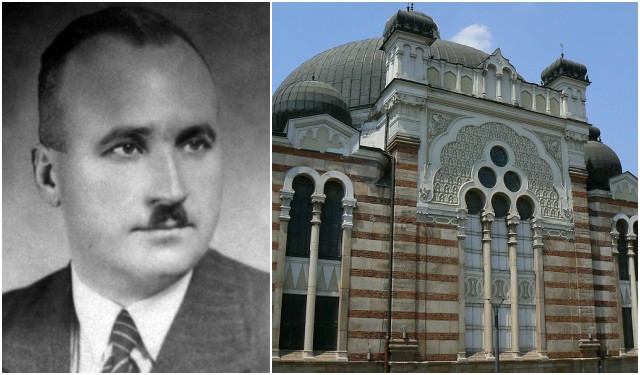Dimitar Peshev was born on the 25th of June, 1894, in Kyustendil, Bulgaria. He was the deputy speaker of the Bulgarian parliament and Minister of Justice (1935-1936) before World War II.
He is known for rebelling against the pro-Nazi cabinet and preventing the deportation of around 50,000 Bulgarian Jews, and after the World War II ended he was bestowed with the title “Righteous Among the Nations”.
Jews have played a vital part in Bulgarian history since ancient times. Before the World War II started, there were 48,000 Jews in Bulgaria.
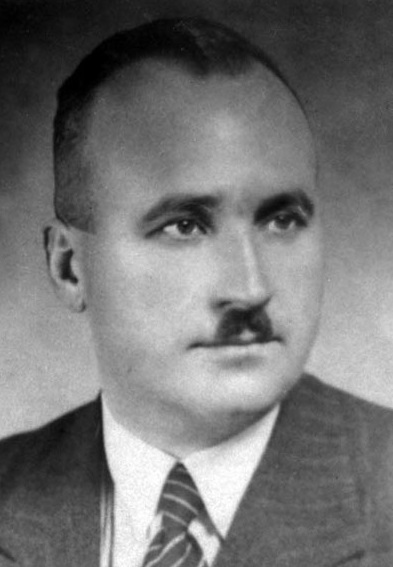
In 1941, the Bulgarian Parliament enacted the Law for Protection of the Nation, it restricted Jews’ participation in the country’s social and economic life and imposed a special tax on them. Jews were ordered to wear a Star of David and many of them were drafted for forced labor. It was Peshev’s party that held the majority in the Bulgarian Parliament when the law was enacted.
The bill produced mixed reactions in the Bulgarian public. Some supported the bill, while some protested against it. Peshev reluctantly supported the bill, believing that the price the Jews had to pay was justified as it was balanced against what Bulgaria was to gain. The alliance with Nazi Germany would be good for his country, since Hitler allowed Bulgaria to annex the territories that it had lost in the Balkan war of 1912-13. As it turned out, other German demands were to follow.
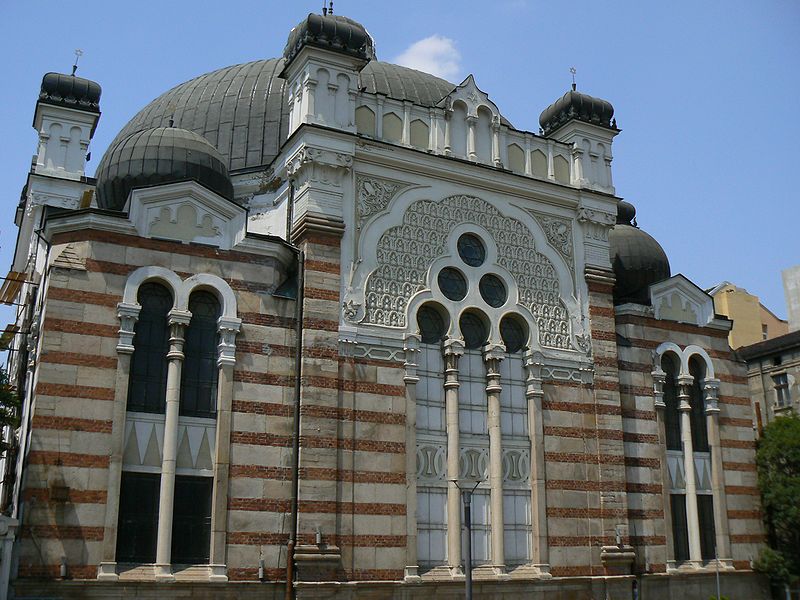
In February 1943, the Germans requested that Bulgaria hand over 20,000 Jews from its territories. The Bulgarian government agreed to the German request and arrested 11,000 Jews from the annexed territories. They were all deported by the German Army to the Treblinka death camp in Poland. This still left them short by 9000 Jews, so they decided to deport Jews of Bulgarian citizenship, namely the 8,000 living in the town of Kyustendil near the Macedonian border. There was only one hope for them, and that was the support of Dimitar Peshev, the deputy speaker of the Bulgarian parliament.
Dimitar Peshev could have just shut his eyes and continue to persuade himself that the alliance with Germany benefited Bulgaria, but he didn’t, and he decided that it was his duty to act. He never actively agreed with the deportation of Bulgarian Jews and now he had to find a way to stop it.
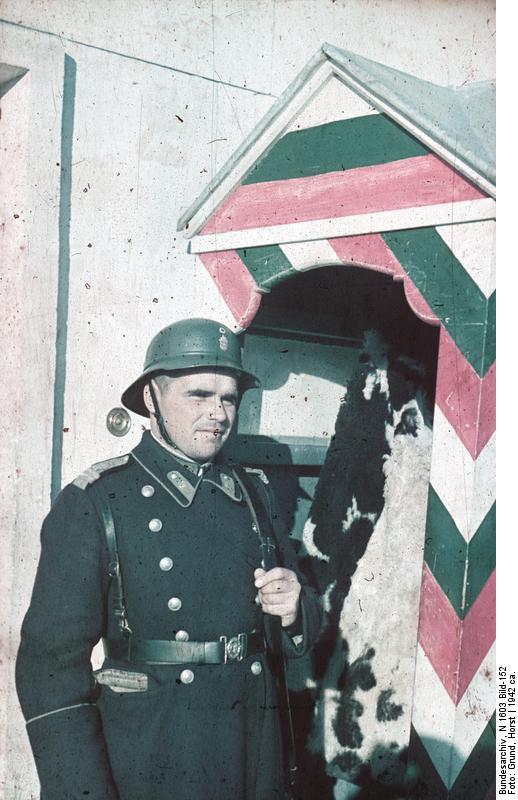
A delegation from Kyustendil came to Sofia in March 1943. Dimitar Peshev took the Kyustendil delegation to meet with the Minister of the Interior, Petur Gabrovski, to ask him to prevent the deportation of the Bulgarian Jews. After a long argument, he agreed. Peshev felt that this wasn’t enough so he wrote a letter to Prime Minister Bogdan Filov in which he opposed any future deportations of Bulgarian Jews. He organized a petition that was signed by 42 of his colleagues in parliament. The Prime Minister was furious with the protest organized by Dimitar Peshev and soon Alexander Belev, the Bulgarian official in charge of the government’s Jewish policy, had resolved to deport all the Bulgarian Jews to Poland.
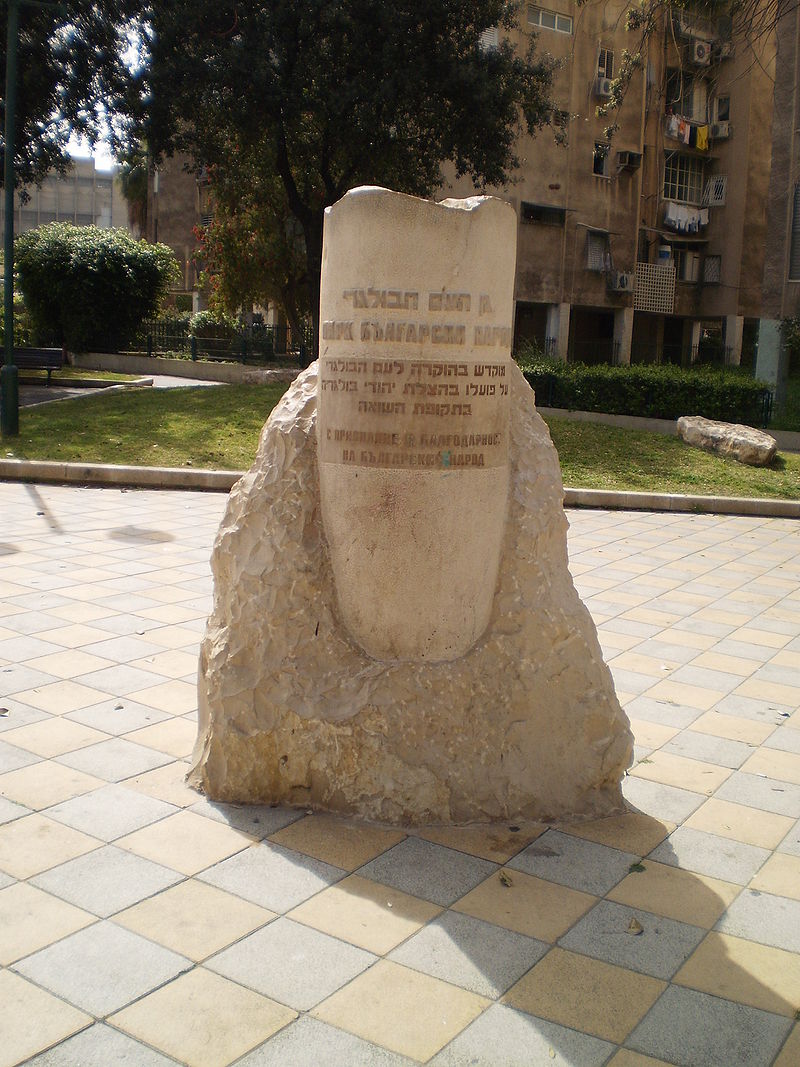
When Dimitar Peshev thought that he had lost the battle, the protest started to get more and more intense. The Bulgarian Church sent a letter to the Prime Minister and also to King Boris III. Many other people like writers, physicians, and lawyers, were putting pressure on the government to stop the deportation. In the end, they succeeded. As a result, no Jews of Bulgarian citizenship were sent to their deaths in Poland, and it was all thanks to Dimitar Peshev.
Dimitar Peshev sadly died in 1973.
